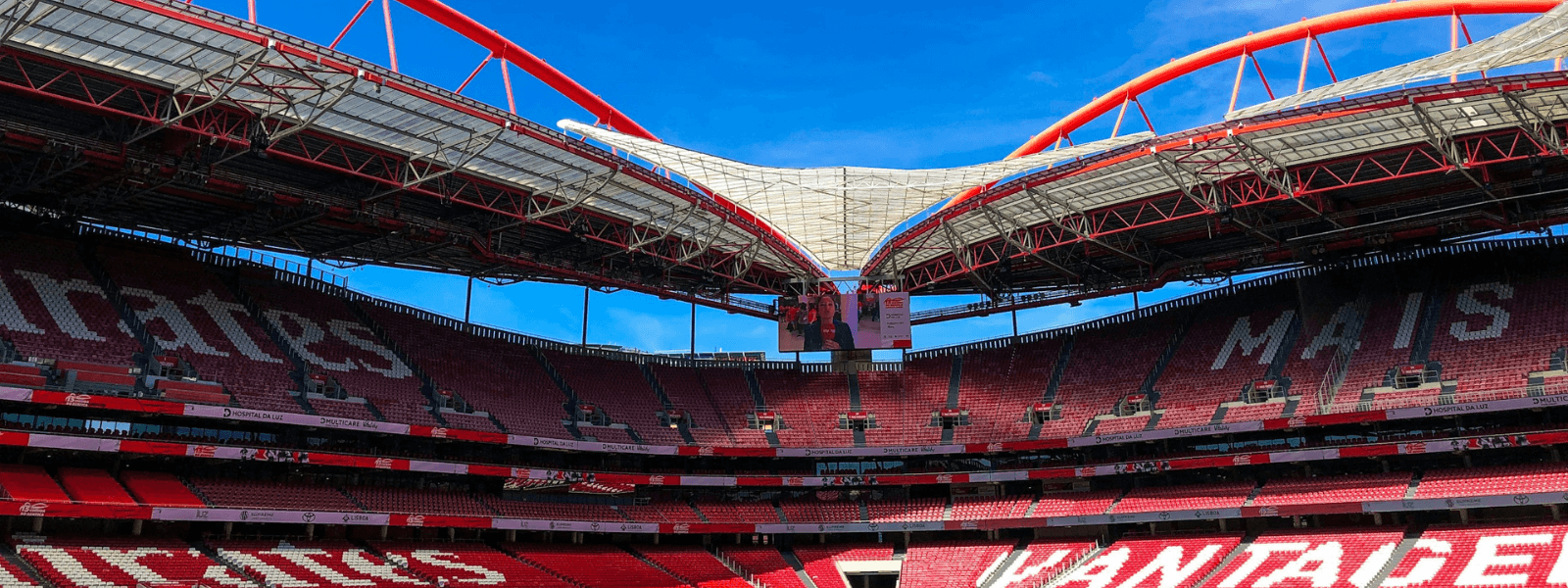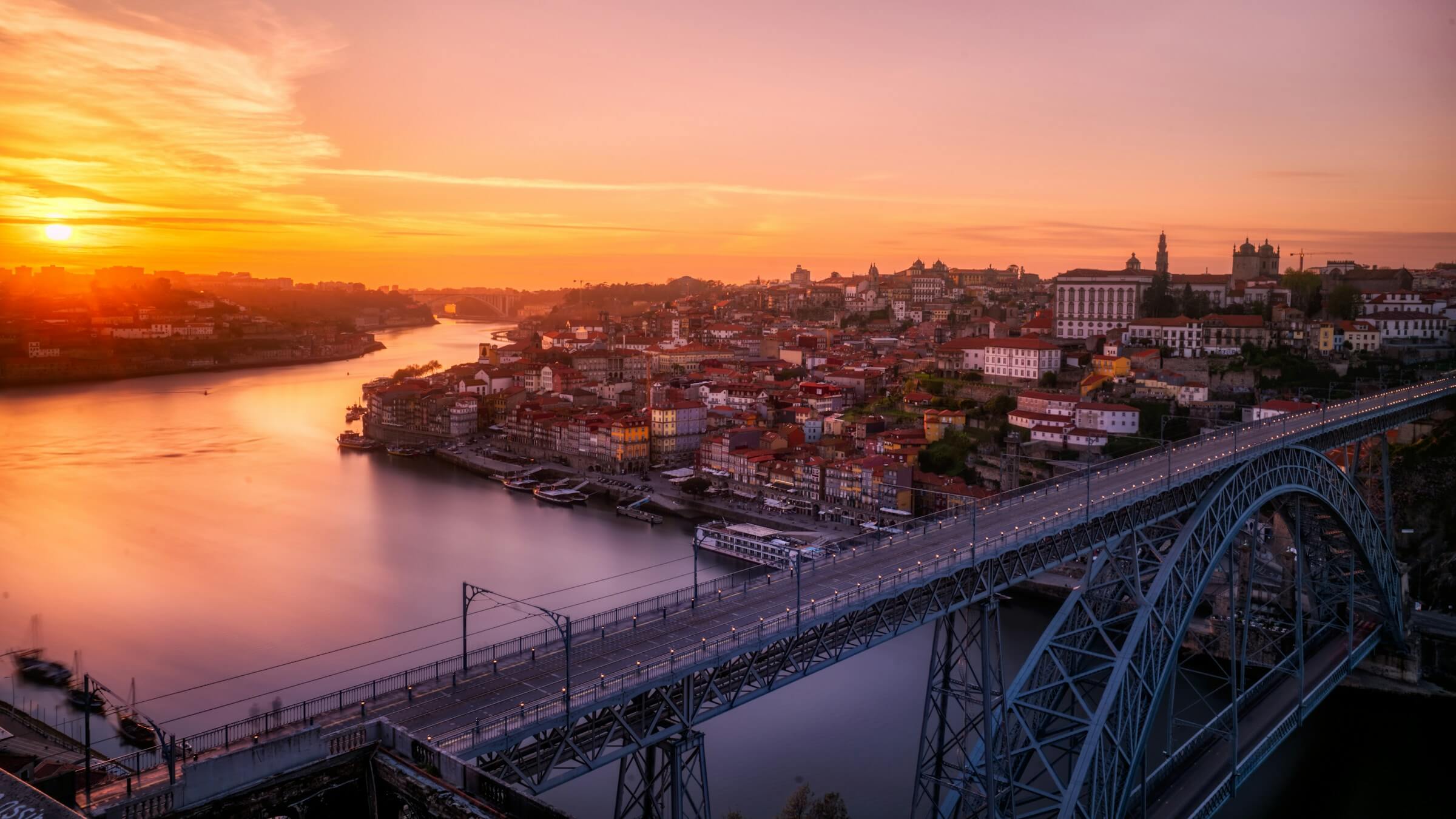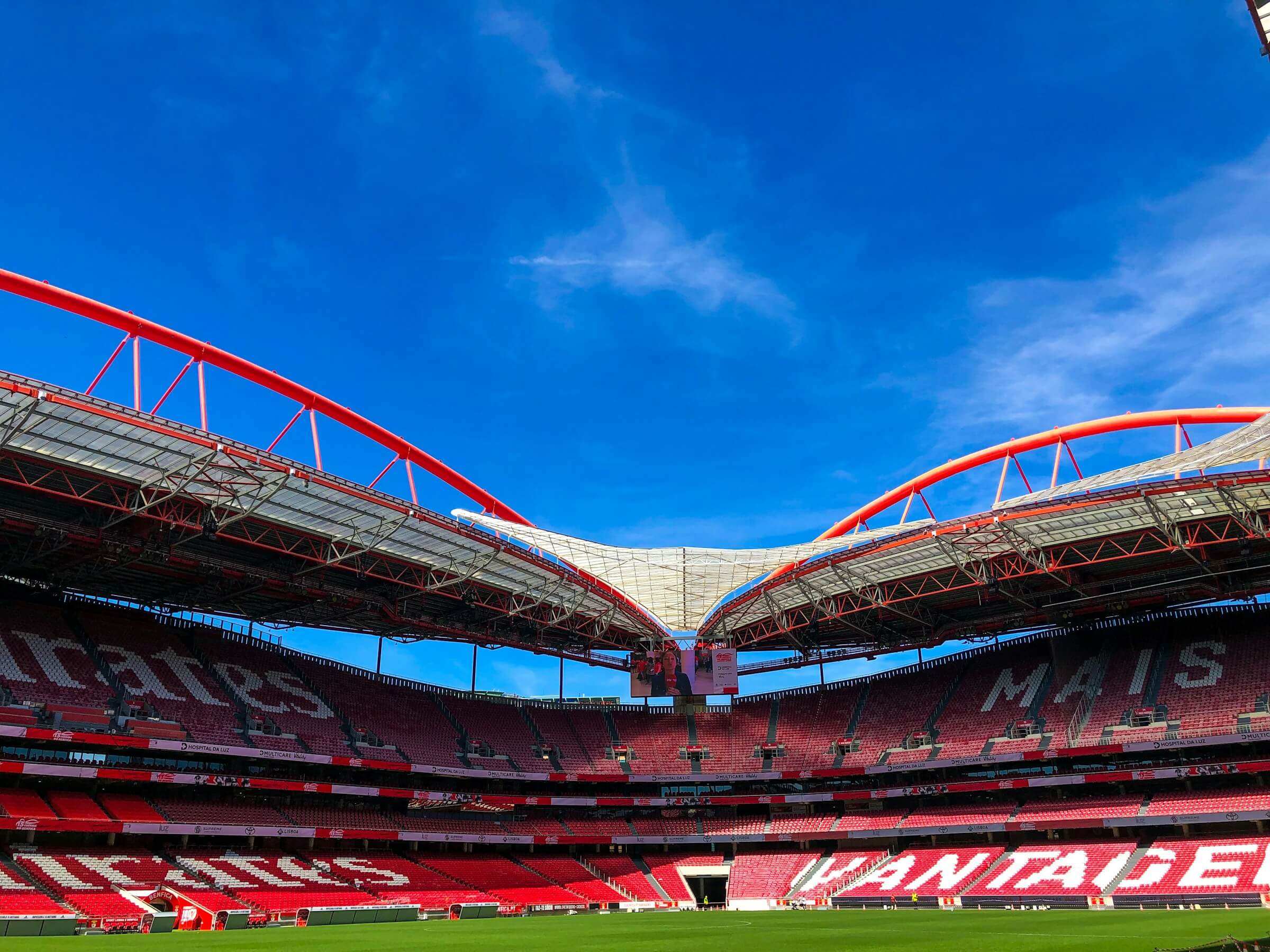
European Football Championship 2004
The 2004 European Championship returned to a single host nation, this time Portugal, after 2000’s event featured two hosts, Belgium and the Netherlands. For the first time, this country had the opportunity to host the most significant European national football competition.
Qualifications
The qualifications for this Championship introduced some changes compared to previous editions. This time, fifty teams participated, divided into ten groups of five teams each. The group winners automatically qualified for the final tournament, while all second-placed teams went to the playoffs, where after two matches, five more teams earned their place in Portugal.
The winner of Group 1 was France, with Slovenia finishing second. From Group 2, Denmark qualified for the European Championship, while Norway secured second place. In Group 3, the best team was the Czech Republic, with the Netherlands surprisingly finishing second and having to seek their place through the playoffs. In Group 4, Sweden was the best team, while Latvia caused a small surprise by finishing second. In Group 5, Germany topped the group, with Scotland in second place. From Group 6, Greece qualified for the final tournament, finishing ahead of favored Spain, who had to play two additional matches to qualify for the European Championship. In Group 7, England was the best, with Turkey finishing second. In Group 8, Bulgaria finished first, ahead of Croatia, while in Group 9, Italy topped the group, with Wales finishing second. Serbia and Montenegro finished third in the same group. In Group 10, Switzerland was the best team, with Russia finishing second.
Latvia caused another surprise in the playoffs by defeating Turkey over two legs. The Netherlands convincingly outplayed Scotland, while Croatia was better than Slovenia. Spain easily overcame Norway, and Russia, thanks to one goal over two matches, was better than Wales.
Host Country
The European Championship was held during June and a few days of July 2004 in Portugal. Interestingly, the organizers decided to spread the Championship across the country, so the host cities, besides Lisbon and Porto, included Aveiro, Loulé, Braga, Guimarães, Coimbra, and Leiria.

Porto, one of the cities that hosted the best European football players. Photo: unsplash.com.
Participating Teams
Sixteen teams participated in this European Championship. Portugal, as the host nation, automatically qualified for the tournament. The group winners from the qualifications were France, the Czech Republic, Sweden, Bulgaria, Denmark, Germany, Greece, England, Italy, and Switzerland. Croatia, Latvia, the Netherlands, Spain, and Russia secured their spots through the playoffs.
Group Stage
All teams were divided into four groups. Group A included the host nation Portugal, along with Greece, Spain, and Russia. Although Spain was the favorite, they failed to advance to the quarterfinals. Portugal finished first with six points, while Greece and Spain had four points. However, Greece secured second place due to the number of goals scored.
Group B featured France, England, Croatia, and Switzerland. There were no major surprises in this group – France finished first with seven points, and England was second with six points.
Group C included Sweden, Bulgaria, Italy, and Denmark. Despite being favorites, Italy did not advance. Sweden, Denmark, and Italy all had five points after three matches, but Sweden and Denmark advanced due to scoring more goals in their head-to-head matches.
Group D was not favorable for the main favorite either. This group included Germany, the Netherlands, the Czech Republic, and Latvia. The Czech Republic finished first with three wins, while the Netherlands was second. Germany had two draws and one loss, finishing third and having to return home after the group stage.
Knockout Stage
In the first quarterfinal match, Portugal and England played an exciting game that ended 1-1 after 90 minutes and 2-2 after extra time. Portugal won on penalties and advanced to the semifinals. In the second match, Greece caused an upset by defeating the defending champions, France, 1-0, with Charisteas scoring the only goal. In the third match, the Netherlands defeated Sweden on penalties after a 0-0 draw in regular and extra time. In the last quarterfinal, the Czech Republic convincingly beat Denmark 3-0.
In the semifinals, Portugal defeated the Netherlands 2-1 to secure a place in the final. In the other semifinal, Greece continued their excellent performance, defeating the Czech Republic with a “silver goal” by Dellas.
Final
The host nation was certainly the favorite in the final between Portugal and Greece. However, Greece once again demonstrated its ability to win 1-0, with Charisteas scoring the decisive goal in the 57th minute. This goal led Greece to triumph and a grand celebration as they won the European Championship. This achievement by the Greek team is considered one of the biggest surprises in the history of the European Championships.

Venue of the final match – Benfica stadium in Lisbon. Photo: unsplash.com.
Statistics
The top scorer of the Championship was Czech player Milan Baroš with 5 goals, while Rooney and van Nistelrooy each scored four goals. The best player of the tournament was Theodoros Zagorakis from the champion Greek team.
Legacy and impact
With the Greek national team’s more-than-surprising triumph, this European Championship demonstrated that even teams considered weaker on paper can win the trophy, and it doesn’t always have to be reserved for the teams with the best players at the time.
Interesting Facts
This European Championship will be remembered for Latvia’s debut appearance, which earned its first point with a draw against Germany. Additionally, German coach Otto Rehhagel will be remembered as the coach who brought the historic title to the Greek national team.



